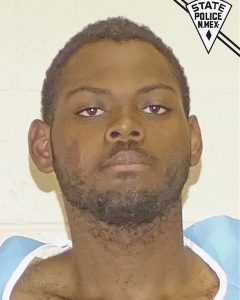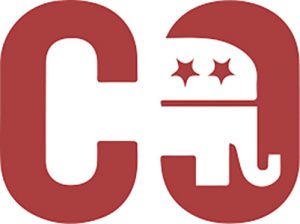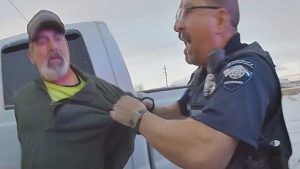by Larry Patrick
WALSENBURG- The Walsenburg City Council is betting around $100,000 that the citizens of Walsenburg will do what the council thinks is the right thing.
If citizens vote “yes” on the mill levy issue on the ballot this fall, voters receive property tax relief for three years. The city will credit back $300,000 in excess collections since 2002 plus interest.
If citizens vote “no”, they will be forced to drop the levy to 2002 levels. This would result in cuts in city services and/or employees because the general fund will take a hit of around $100,000 next year.
City treasurer Jacque Sikes explained the history of the mill levy question on the ballot this way, “everyone’s heart was in the right place but they just didn’t do it correctly.”
The city council is hoping that citizens will allow the city to return the mill levy to the original 1995 level of 18.547. It currently stands at 15.840. Then the city wants to lower the mill levy for several years by 4 mills per year, which would be less than the current levy, to make up for the excess collections plus $30,000 in interest.
The danger is that voters will not understand what has occurred and vote “no” on the ballot issue. That would mean the city would have to drop the mill levy next year to the 2002 level of 11.756 mills and that would cost the city between $92,000 and $112,000 out of the general fund.
Departments that are affected by the general fund revenues include administration, the city council, building inspector, animal control, streets and alleys (excluding paving), parks and the police department.
The ballot question is very confusing to those not familiar with what the city is trying to do, and if citizens vote “no,” the city council and the citizens, both, lose out with reduced services and monies. The mill levy would stay at the 2002 lower level until citizens approved an increase sometime in the future.
Sikes says she has looked at the mill levies of a number of other cities and has found that around half have done things correctly and another half have made mistakes, like Walsenburg. The state of Colorado has not enforced this matter with cities as long as the cities haven’t exceeded their top mill levy limit. However, if they decided to enforce, then Walsenburg or other cities in the same boat could receive stiff penalties. By policing themselves, the council hopes to rectify the matter on their own with this ballot question. The city of Walsenburg has never exceeded the top limit since 1995.
Sikes explained that a procedural mistake in raising the mill levy without voter approval was discovered by administration and brought to the attention of the City Council. The council decided the right thing to do was let the public know what had occurred so the voters could approve crediting back the excess collections in property tax.
To use a sports analogy, the issue is similar to a golfer that makes an honest mistake in a tournament and reports it when no one else would have known otherwise. The golfer is applauded for his honesty, but he is kicked out of the tournament. The city council hopes that by doing the right thing, voters will let them correct the mistake that citizens may never have known about otherwise.
They hope that citizens will vote “yes” on the ballot question.

Breaking news: Results of Walsenburg Mayor race and recall election
Gary M. Vezzani was elected Walsenburg’s mayor in Tuesday’s special mayoral election/recall vote. Preliminary results announced Tuesday night show that both Nick Vigil in Ward



